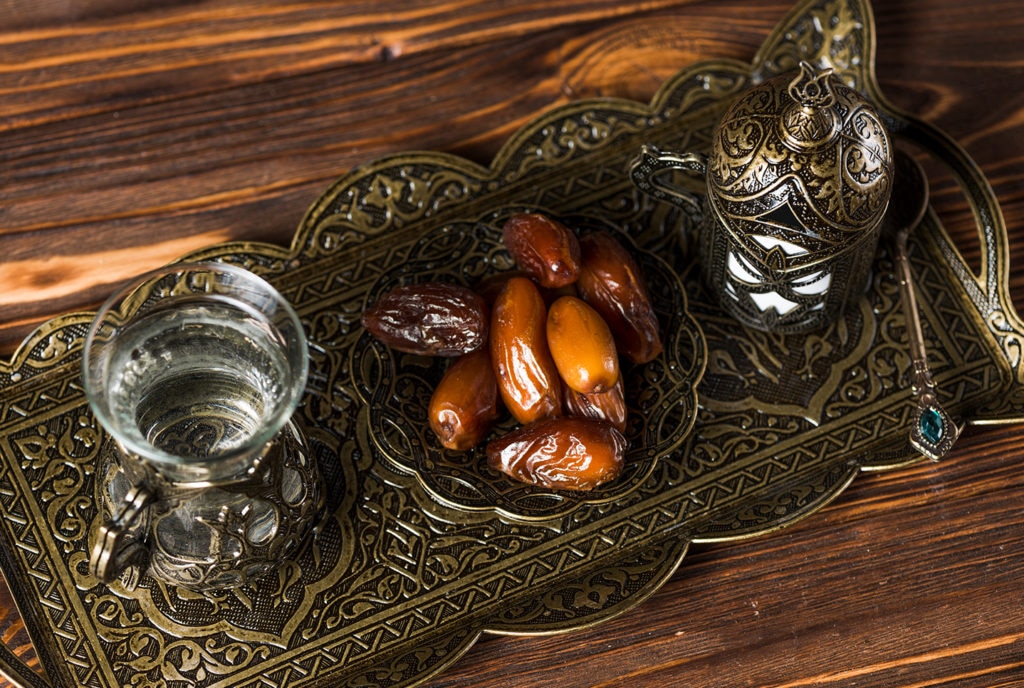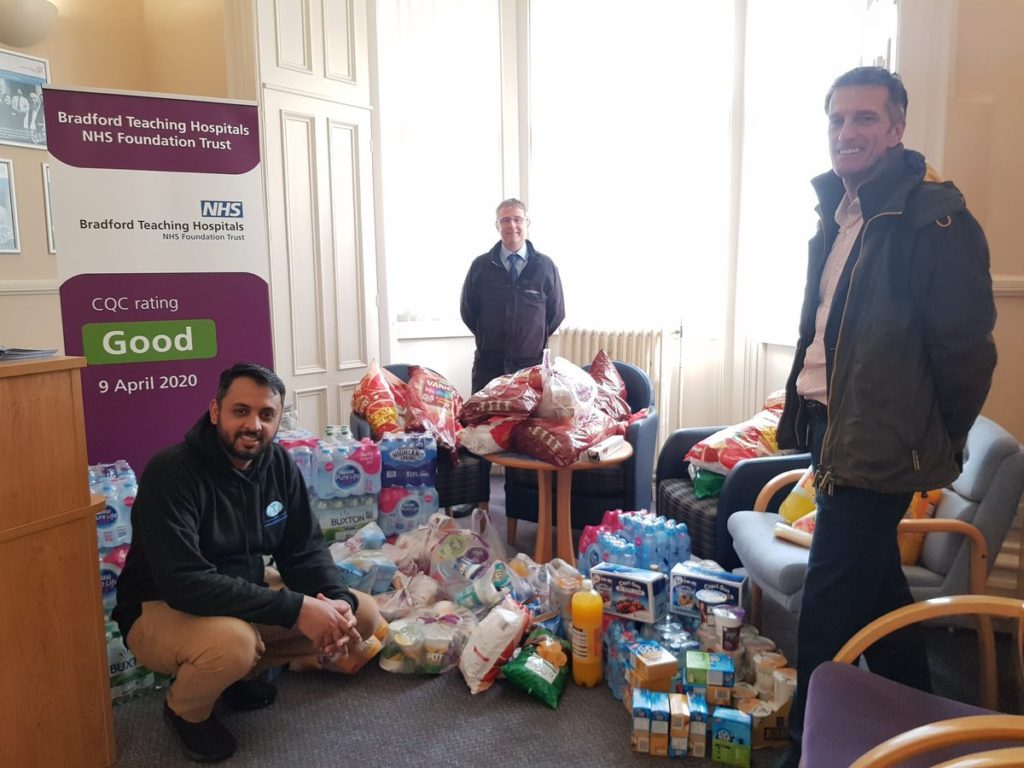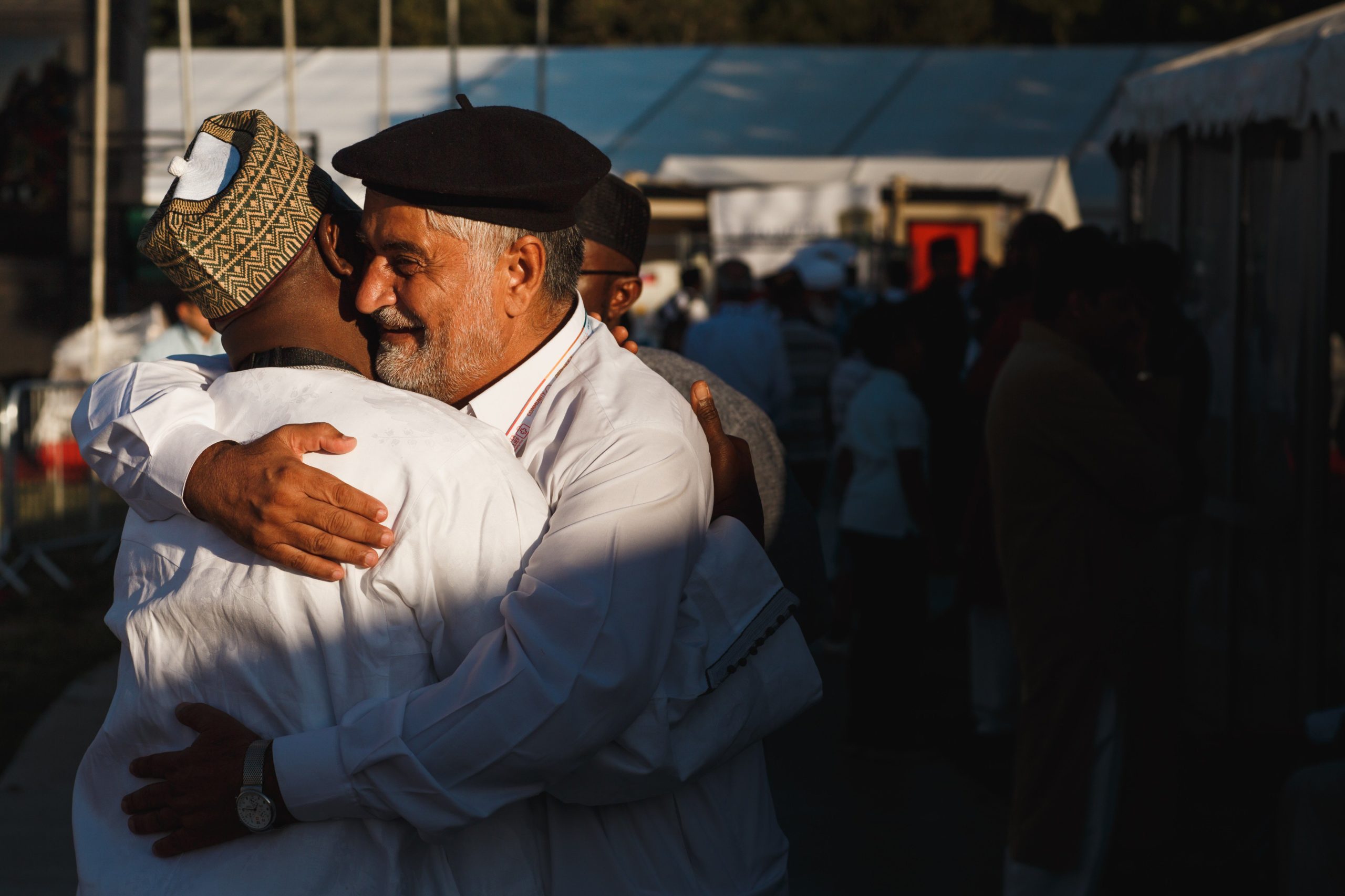
Iftaars in Isolation: How to make the best of Ramadan in lockdown
By Mansoor Clarke
COVID-19 has effected almost every aspect of human life, so as billions of Muslims around the world look out for the new moon signalling the beginning of Ramadan, many are left wondering as to how this pandemic will impact this integral element of Muslim life.
Navigating the daily routine whilst abstaining from food, water and other permissible things has become a norm for many Muslims during this blessed month, but with people under lockdown, it leaves people asking– ‘Will Ramadan be the same?’
As Muslims will have seen by now, for the most part, the fast will remain unchanged. Muslims wake up well before sunrise, pray, have suhoor (the morning pre-fast meal) and begin their fast. The same will be the case at the end of the day after sunset with the iftaar (post-fast meal).
But what has changed for many is that as opposed to heading out for work or university, they are now instead fasting whilst in lockdown at home. This is where this particular Ramadan presents a few unique lessons which if understood, can in turn yield great opportunity.
The Fasting
Intermittent to Atkins, Low carb to Keto, the world has seen countless fad diets, but the fasting of Ramadan is altogether quite different. Although a Saim (someone who is fasting) neither eats nor drinks during the fast, the focus is not on weight loss, rather on a much deeper purpose – the reconnection of an individual with God, and with God’s creation.
Abstaining from what is usually lawful, allows a number of lessons to be learnt. One of these is the ability to realise the true value of blessings which we had perhaps begun to take for granted and ‘every day’.
In many ways, lockdown has prepped us for Ramadan, because now, just like food and drink on demand, the thought of causal walks in the park, eating at a local restaurant and spending time with friends are all seen with much greater value and appreciation.
The Charity
Charity and the helping of the needy is of crucial importance in a true Muslim’s life. Along with Zakat (charity) being one of the 5 pillars of Islam, the Holy Prophet Muhammad (peace and blessings of God be upon him) taught:
“You are not a true Muslim until you desire for your brother what u desire for yourself.” (Bukhari)
But the lockdown has made a significant change in how we see charity. Since the pandemic, we in the UK have seen a huge surge in the number of people needing assistance or support. Problems such as food and medicine shortages, rising unemployment and a lack of money all tended to be looked upon as ‘other people’s problems’, and yet this virus and its associated impacts have brought these pressing issues right to our own doorsteps.
This pandemic has birthed empathy. It has made us aware of our own human fragilities and vulnerabilities and more appreciative of the countless things we have in life. This again is a powerful lesson of Ramadan being reinforced by the lockdown.
We should see this as an extended opportunity to serve mankind, especially as we endeavour to emulate the example of the Holy Prophet Muhammad (peace and blessings of God be upon him) who was incredibly giving in his day to day life, and yet further increased his generosity during the month of Ramadan.

The Prayers
The connection between a Muslim and his Creator is paramount, requiring a constant and consistent endeavour through prayer. But our day to day lives, often replete with jobs, education and errands, can cause us to forget the immense importance of prayer.
The fact that we are locked down means we are now able to strengthen that bond with worship without the constant distractions of the world around us and to focus on what really matters. People around the world are turning to prayer as their saving grace, proven quite literally by the number of people googling ‘prayer’ skyrocketing in the month of March.
The Morals
Ramadan is an intensive training course, it emphasises the performing of good deeds and the inculcation of good morals with the aim of them becoming a regular part of a person’s normal life outside of Ramadan as well.
In his Friday Sermon of 24 April 2020, His Holiness, Hazrat Mirza Masroor Ahmad, the World Head of the Ahmadiyya Muslim Community, encapsulated this philosophy beautifully when he explained the nature of a true fast:
“The fast does not only create righteousness for 30 days, rather a true fast continues to have an effect for 70 years. In this way, once fasting has become obligatory, upon an adult Muslim, one who truly takes benefit from the fast, and fasts with an understanding of its true spirit, will continue to benefit from its blessings for his entire life.”
This Ramadan, perhaps more so than any other, is allowing us to practice these morals in a controlled and familiar environment. If we can learn to adopt and keep these good morals in our microcosmic homes, then we stand a much greater chance of maintaining them when we go back out into the busy world.
The Community
In the aforementioned Friday Sermon, Hazrat Mirza Masroor Ahmad said:
“If such people who (truly) fast are born within our community then how beautiful a community will it be, in which both the rights of God and the rights of people are fulfilled. This is the very same atmosphere of beauty which every believer wishes to create, indeed that every human wishes to create…”
These words of His Holiness, Hazrat Mirza Masroor Ahmad describe the atmosphere and environment of a society in which people safeguard the two fundamental elements of Islamic teaching: the rights of God, and the rights of man, but this is not to say that they can only be achieved by leaving the four walls of the house.
Islam agrees with sociologists in that the home is the building block of any society. It lends also to the well-known saying, ‘Charity begins at home’. In order for us to be truly ‘good’, we must first learn to be good with the people within our own families.
True, social distancing measures and isolation may not allow us to pray congregationally at the Mosque, or to open the fast with our extended friends and families, but it will allow us to reconnect with the ones closest to us instead.
Family time, something we crave and pray for all year round has now been gifted to us an early Eid gift, we would do well to accept it with open arms.
Conclusion
Although Covid-19 has changed the way we live our lives, our time in isolation does not have to be a negative one. We can utilise this time, to reinforce the essential lessons of Ramadan.
Ramadan in lockdown? To my Muslim brothers and sisters I say – let’s make the best of it!
